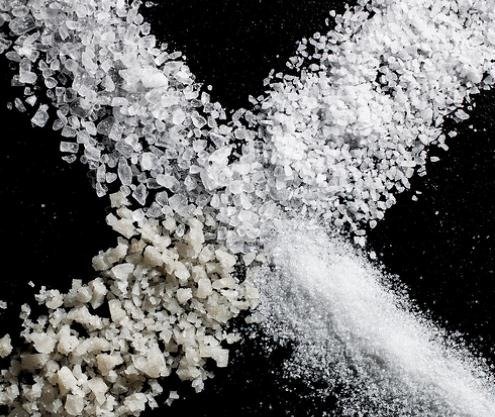Foods that can damage your kidneys: discover which are the worst foods for these important cleansing organs of our body.

The kidneys are fundamental organs in the detoxification and purification of our body. Through urine they are responsible for the elimination of those toxins and different wastes that our body does not need. Not surprisingly, they become one of the main filters of our blood, retaining what our body can take advantage of, and purifying and eliminating everything that our body does not really need.
On the other hand, they also regulate the homeostasis of our body, secrete hormones, regulate blood pressure, participate in the reabsorption of electrolytes and regulate the volume of different extracellular fluids.
Although it is true that many people tend not to take them so much into account, did you know that the kidneys can get sick if you follow an unhealthy diet? We can pay attention, for example, to what should be the best diet for the kidneys to realize which the most recommended foods are ultimately.
But any healthy diet to take care of the kidneys must also take into account which foods are little recommended:
- Protein-rich foods: excessive consumption of meat, fish and eggs overwork the kidneys, increasing the possibility of developing kidney stones.
- Excessive consumption of salt: although salt is essential for our body, consumed in large doses (something that tends to be very common) causes our kidneys to retain more water to eliminate it, which in turn increases blood pressure in the long run term damage the nephrons of the kidneys.
- Carbonated drinks: also known as sodas or carbonated soft drinks, they can influence the appearance of kidney stones, especially when they are regularly consumed.
- Dairy: an excessive consumption of dairy products and derivatives can increase the elimination of calcium through the urine. This would favor the development of kidney stones.
- Caffeine: like the foods mentioned in the previous lines, an excessive consumption of caffeine translates into an increased risk of stone formation in the kidneys.































